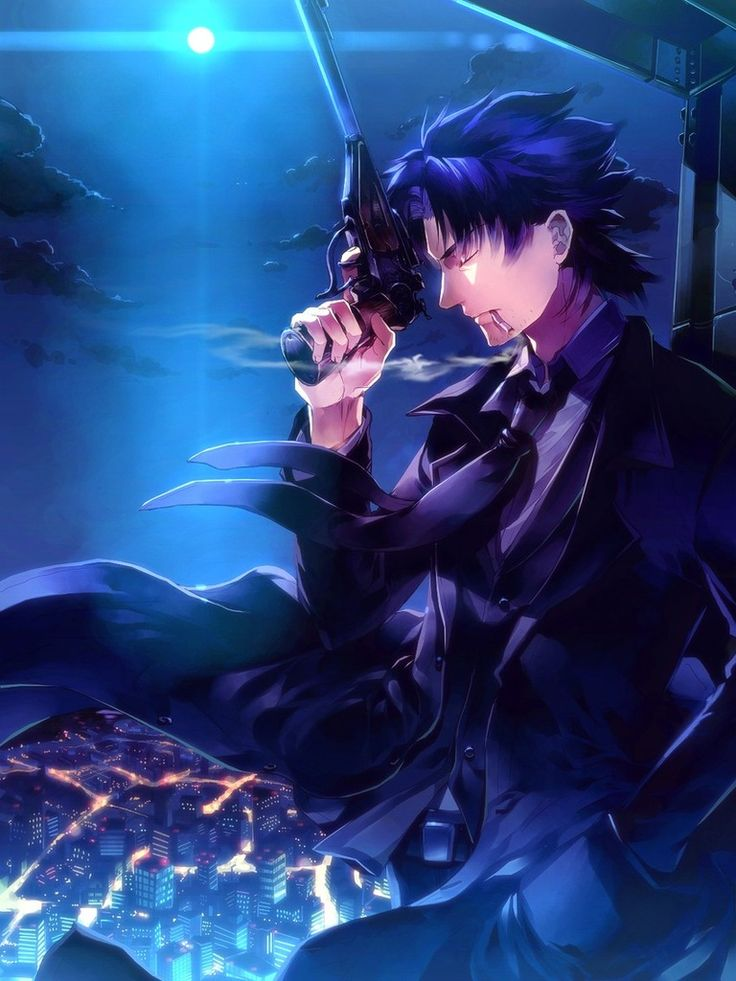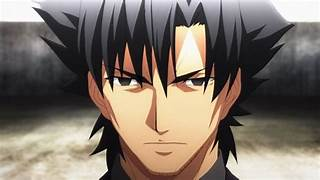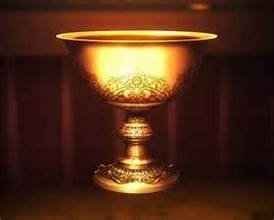Control and Value
In this post, I explain Kiritsugu's perception of control and value regarding the Holy Grail War and discuss how his perceptions relate to his emotions and motivation. In doing so, I refer to the timeframe of present (i.e., activity) and future (i.e., prospective outcome).
I start with the present timeframe. Kiritsugu's perception of control during the Holy Grail War (i.e., activity) was likely to be low. This is because as there were in total seven mages (and seven Heroic Spirits) participating in the war, it was impossible for him to fully control how the war unfolded. Indeed, while he was able to predict some of the mages' patterns of thoughts and behaviors based on his prior experience and knowledge, some mages behaved whimsically and in a completely unpredictable way. Due to these unpredictable mages, Kiritsugu was unable to fully understand what was happening during the war, which should have made him feel personally uncontrollable.
Regarding the perceived value of the Holy Grail War, Kiritsugu likely had mixed appraisals about it. Although he participated in the war because of its extremely high utility value (i.e., the war was the only way to obtain the Holy Grail, which was necessary to achieve his goal of world peace), he did not like to fight at all (i.e., low intrinsic value).
According to Control Value theory, these perceptions (i.e., low control and mixed value) lead to frustration, and this was true for Kiritsugu. During the show, he expressed his frustration multiple times, especially when the other mages behaved in an unpredictable way. However, such a temporal negative emotion may not have been sufficient to affect and change his long-term motivation to win the Holy Grail War.
I now turn to the future timeframe. Kiritsugu's perceived control in obtaining the Holy Grail (i.e., prospective outcome) was likely to be high simply because he was highly confident in his ability as an assassin specialized in killing mages (i.e., high self-efficacy). As he was so skilled in defeating mages, he should have had a very high sense of expectancy for success.
Regarding the perceived value of the Holy Grail, it clearly was extremely valuable for Kiritsugu. His forever dream of creating a peaceful world was only achievable by means of the Holy Grail, and as it was so valuable for him, he basically sacrificed everything to obtain it.
These perceptions (i.e., high control and high value) should lead to anticipatory joy according to Control Value theory. However, it did not seem like Kiritsugu was experiencing such emotion during the entire show; he only looked frustrated and sad. This may be because since he was so desperate and deeply focused on obtaining the Holy Grail, he was unable to afford the leisure of dreaming about what happens after obtaining it. For this reason, I do not think the anticipatory joy affected Kiritsugu's motivation to pursue the Holy Grail.
I honestly like Control Value theory very much, as it seems like an ambitious but important attempt at integrating multiple motivational theories. Although the theory applied only partially to Kiritsugu's emotions during the Holy Grail War, I think it can be revised and eventually become a robust theoretical framework if more empirical evidence is gathered.




Comments
Post a Comment